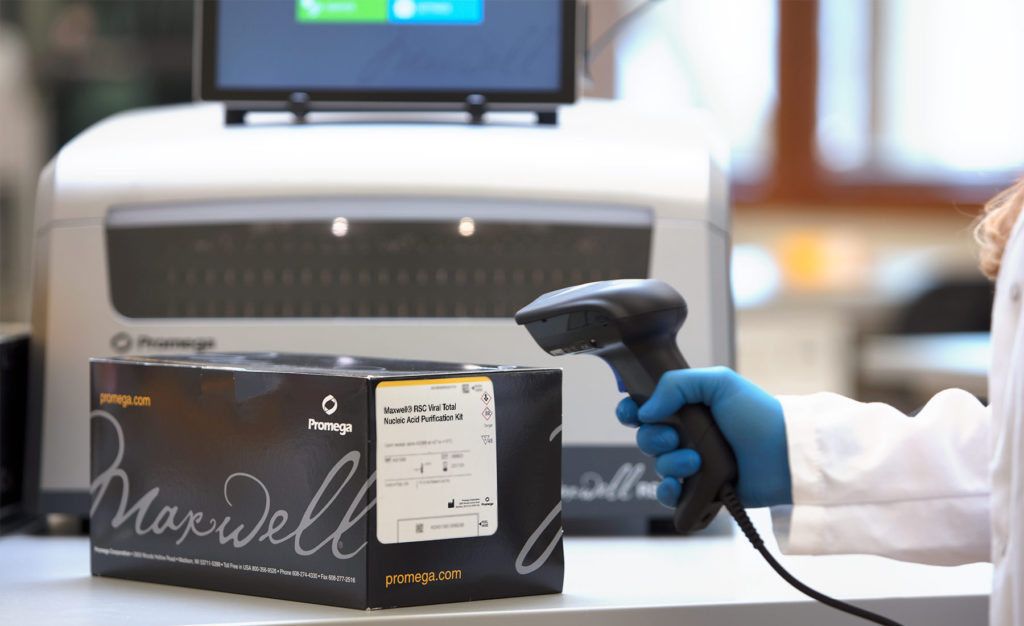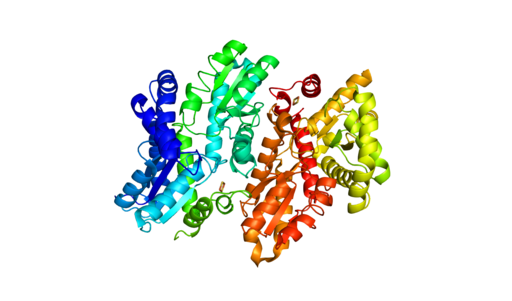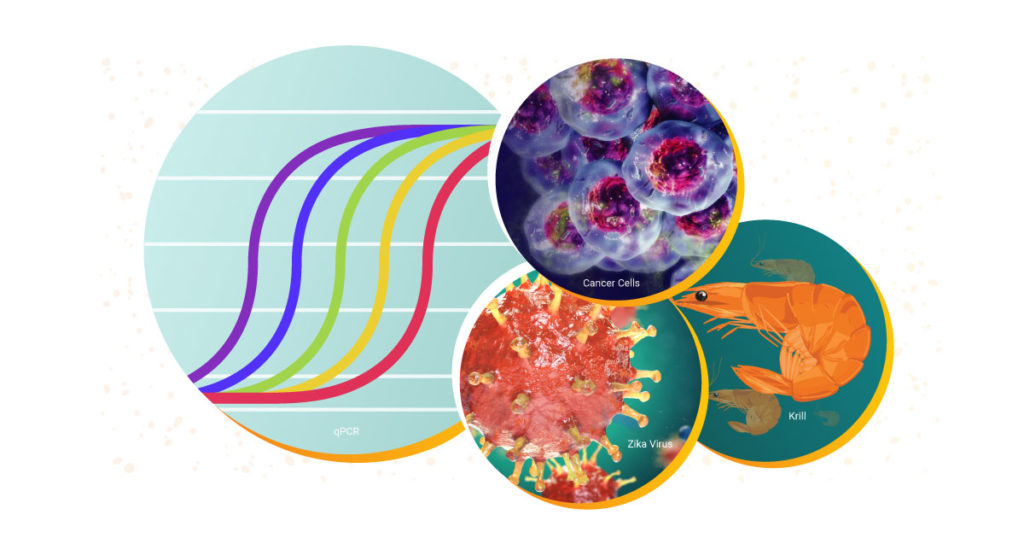The past year has been a challenge. Amidst the pandemic, we’re thankful for the tireless work of our dedicated employees. With their support, we have continuously stayed engaged and prepared during all stages of the COVID-19 pandemic so that we can serve our customers at the highest levels.
How We Got Here
The persistent work by our teams has made a great impact on the support we can provide for scientists and our community during the pandemic. From scaling up manufacturing to investing in new automation, every effort has helped.
Promega has a long history of manufacturing reagents, assays, and benchtop instruments for both researching and testing viruses. When the pandemic began in 2020, we responded quickly and efficiently to unprecedented demands. In the past year, we experienced an approximately 10-fold increase in demand for finished catalog and custom products for COVID-19 testing. In response to these demands, we increased production lines. One year ago, we ran one shift five days per week. Currently, we run three shifts seven days per week. This change has allowed 50 different Promega products to support SARS-CoV-2 testing globally in hospitals, clinical diagnostic laboratories, and molecular diagnostic manufacturers. Additionally, our clinical diagnostics materials make up about 2/3 of COVID-19 PCR tests on the global market today. Since January 2020, Promega has supplied enough reagents to enable testing an estimated 700 million samples for SARS-CoV-2 worldwide.
Developments and Advances
Promega products are used in viral and vaccine research. This year, our technologies have been leveraged for virtually every step of pandemic response from understanding SARS-CoV-2 to testing to research studies looking at vaccine response.

- Products in the US Centers for Disease Control (CDC) Influenza SARS-CoV-2 (Flu SC2) Multiplex Assay for emergency use: Maxwell® RSC 48 and CSC 48 instruments; Maxwell® RSC Viral Total Nucleic Acid Purification Kit
- Products in the CDC 2019-Novel Coronavirus Real-Time RT-PCR Diagnostic Panel for emergency use: GoTaq® Probe 1-Step RT-qPCR System; Maxwell® RSC 48 and CSC 48 instruments; Maxwell® RSC Viral Total Nucleic Acid Purification Kit
- XpressAmp™ Direct Amplification Reagents enable direct amplification of viral nucleic acid from samples without RNA extraction.
- Promega developed a SARS-CoV-2 RT-qPCR Kit for Wastewater to provide a surveillance approach to get ahead of COVID-19 progression in a community.
Who Got Us Here
We are extremely grateful for our employees. In the past year, we hired over 100 people and still have positions open today. While welcoming newcomers, this challenging year also reinforced the importance of our collaborative culture. Relationships at Promega have been built over multiple years. The long history of our teams allows us to stay coordinated while prioritizing product distribution to customers across the globe. It also leads to effective communication with colleagues and vendors. Those leading our manufacturing operations team, for example, have an average tenure of 15 years. Their history in collaborating through challenging situations helps them quickly focus where needed most.
Our 600 on-site employees support product manufacturing, quality, and R&D. They do it all while remaining COVID-conscious by social distancing, wearing masks, working split shifts, and restricting movement between buildings. While we continue to practice physical safety precautions, we also prioritize our employees’ mental health and wellness. Promega provides a variety of wellness resources including phone and video mental health sessions, virtual fitness and nutrition classes, and stress and anxiety tools.
What’s to Come
While we acknowledge that the COVID-19 is not over, we are proud of the support we have been able to provide to customers working both on pandemic research and critical research not related to COVID-19. Our policies of long-term planning and investing in the future has allowed us to respond quickly and creatively and learn from the experience.









